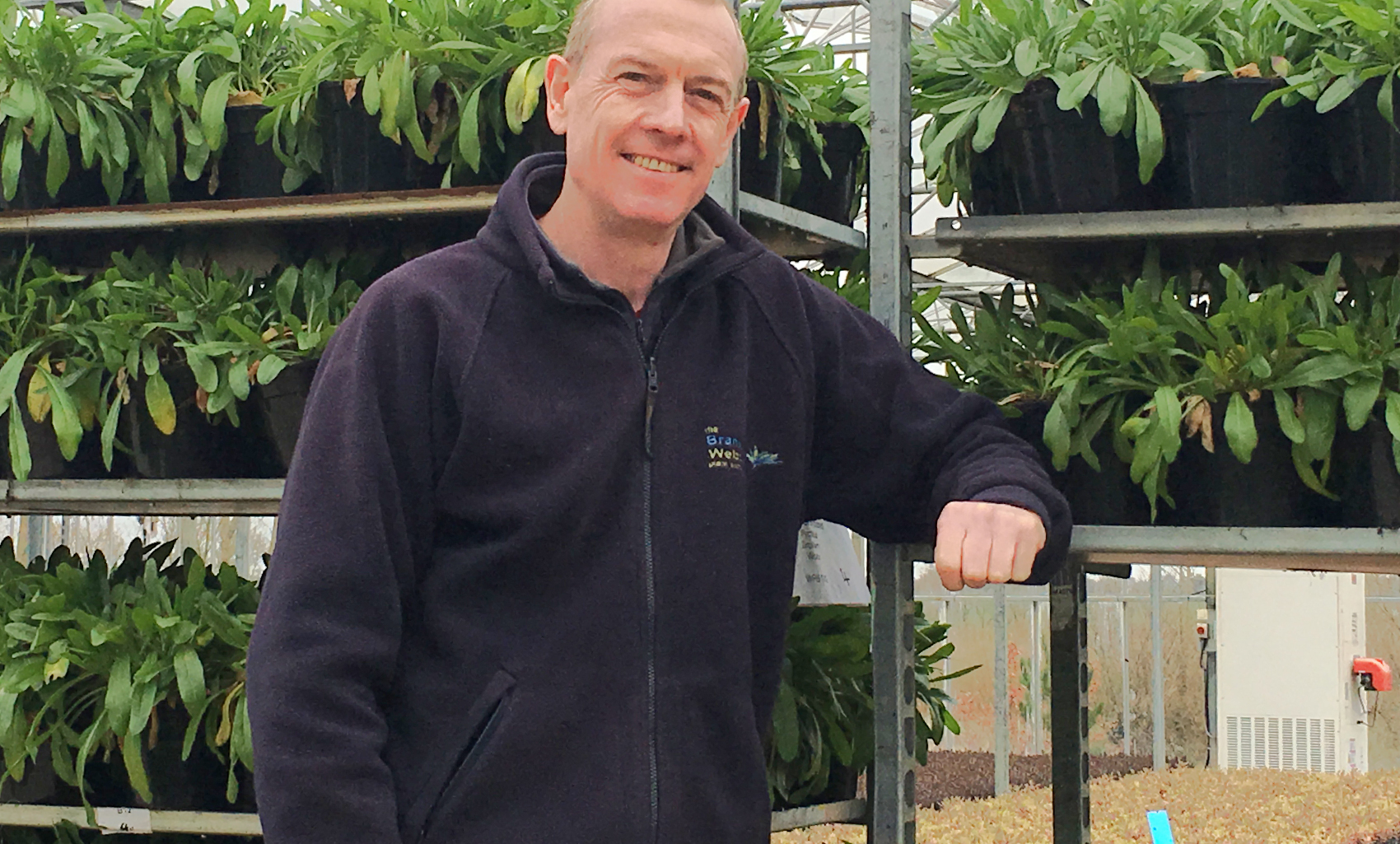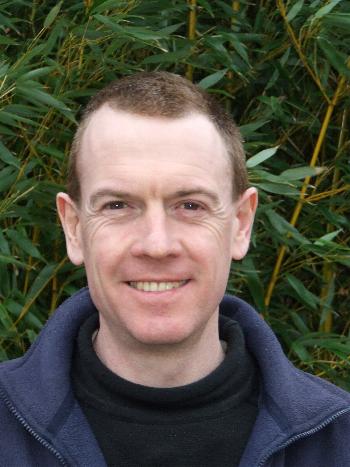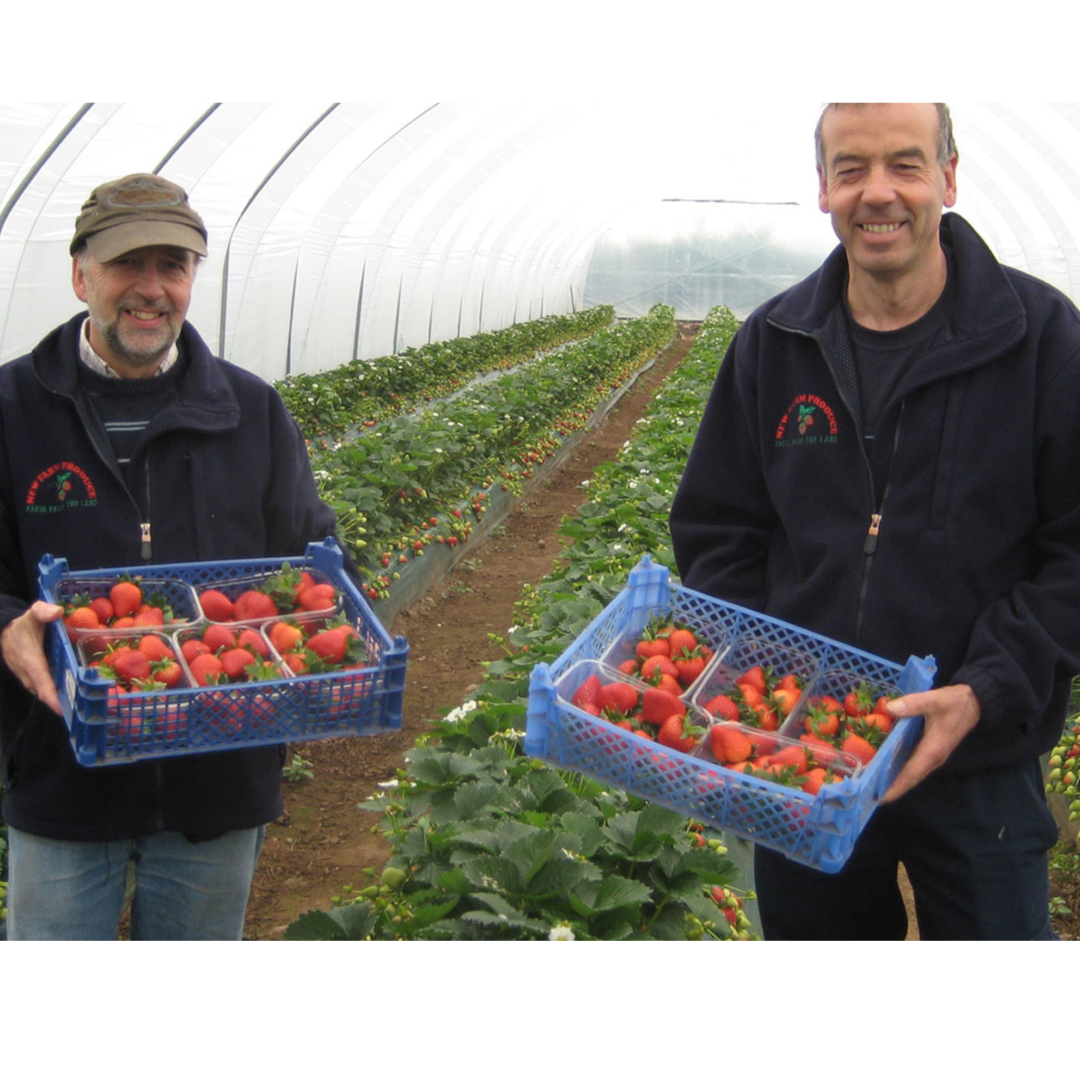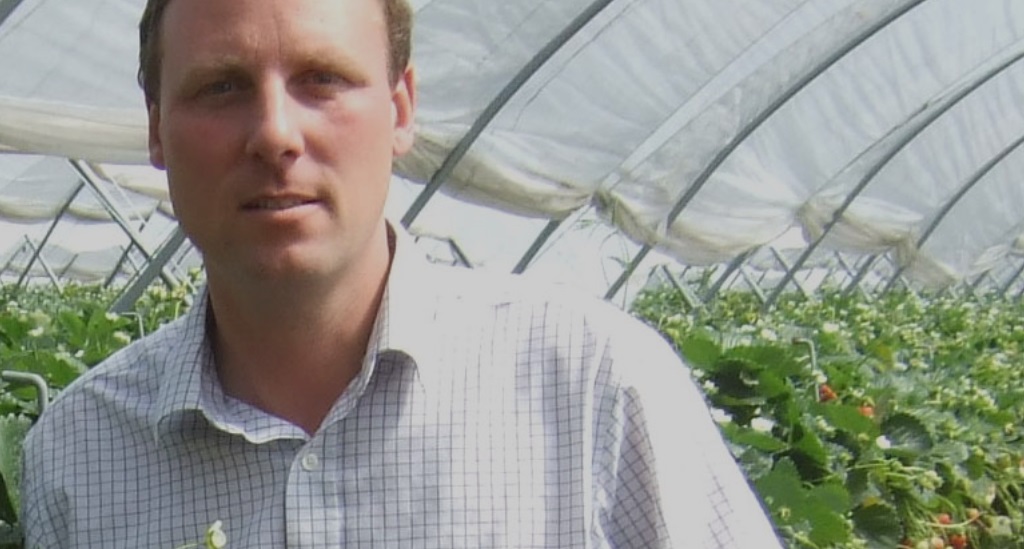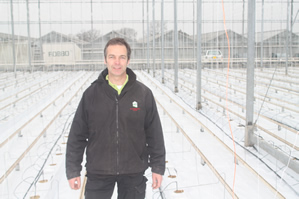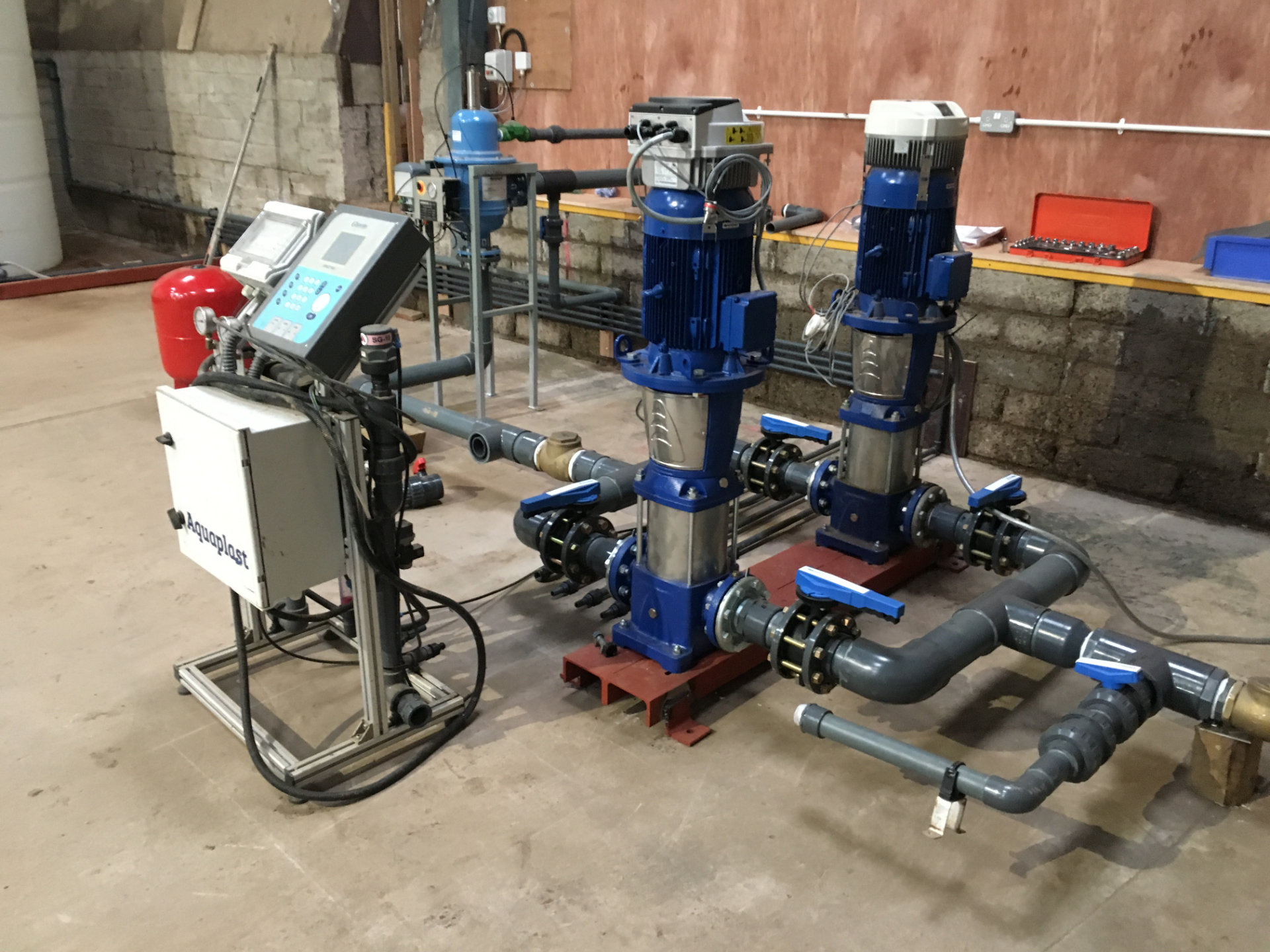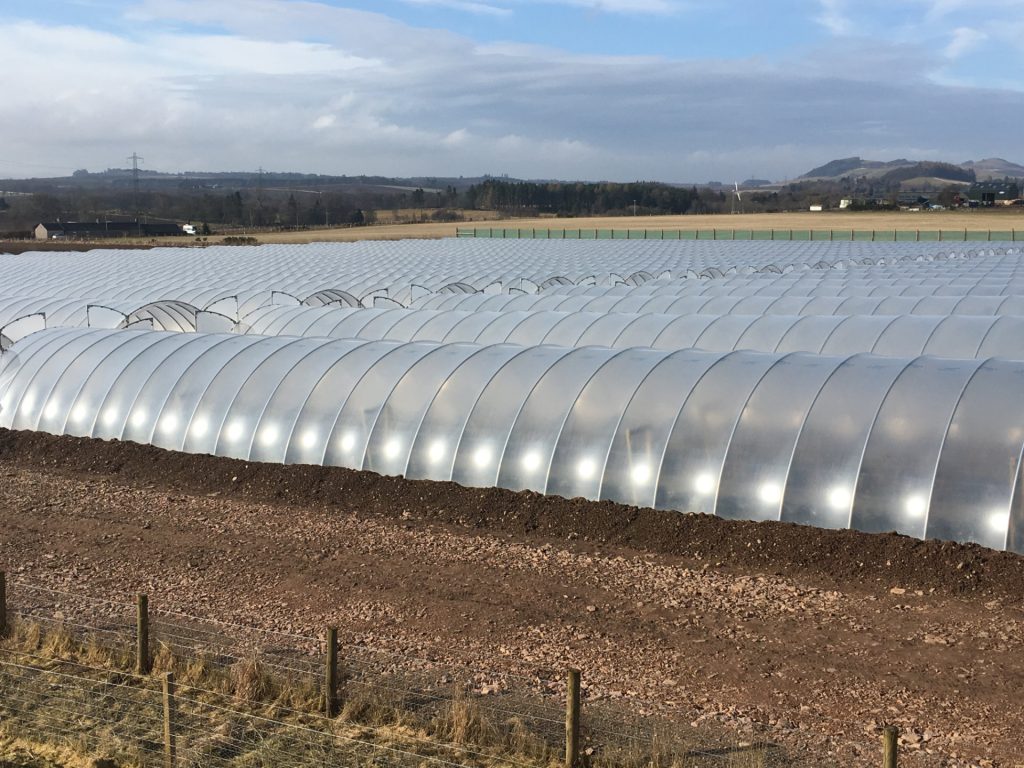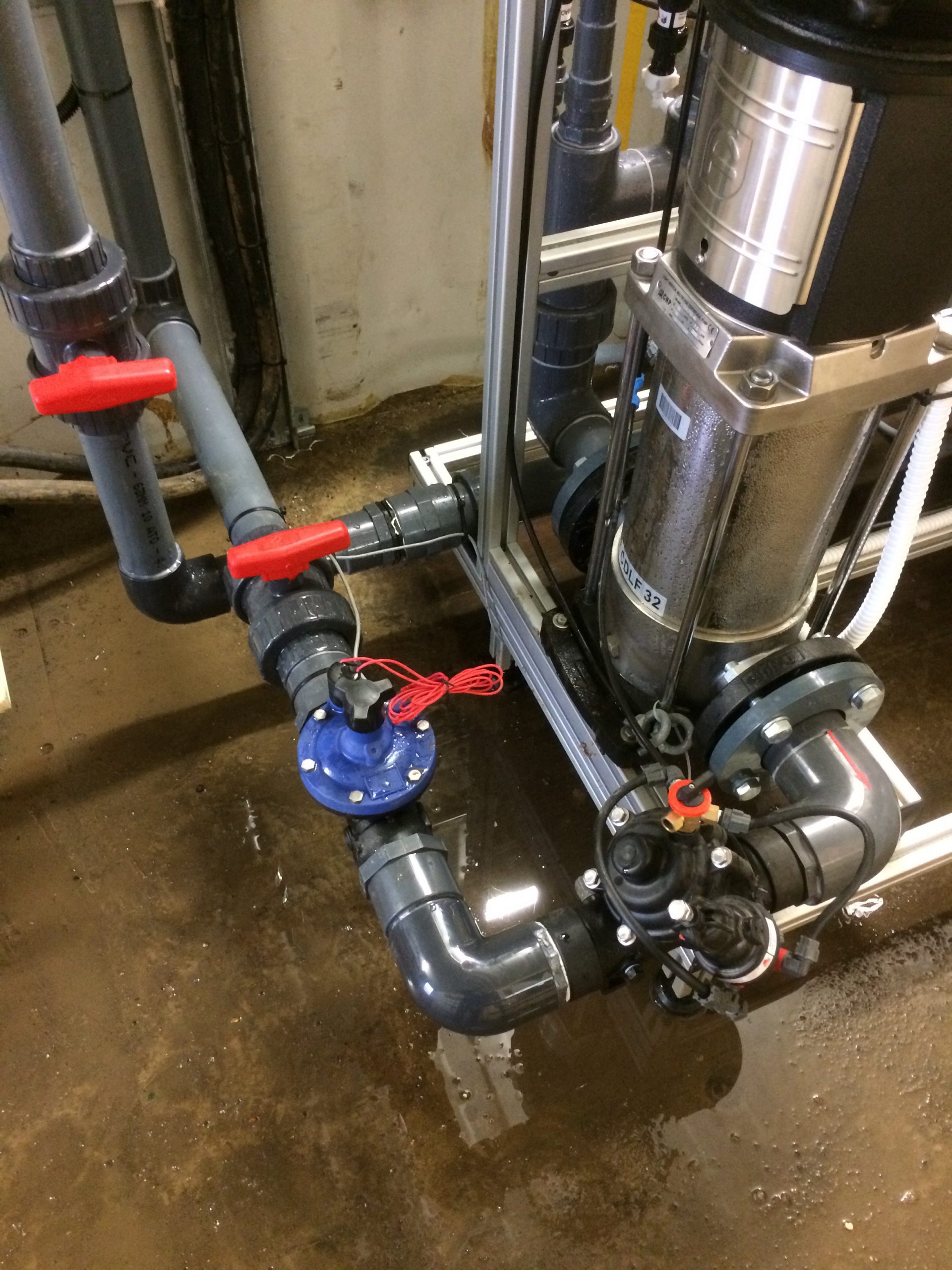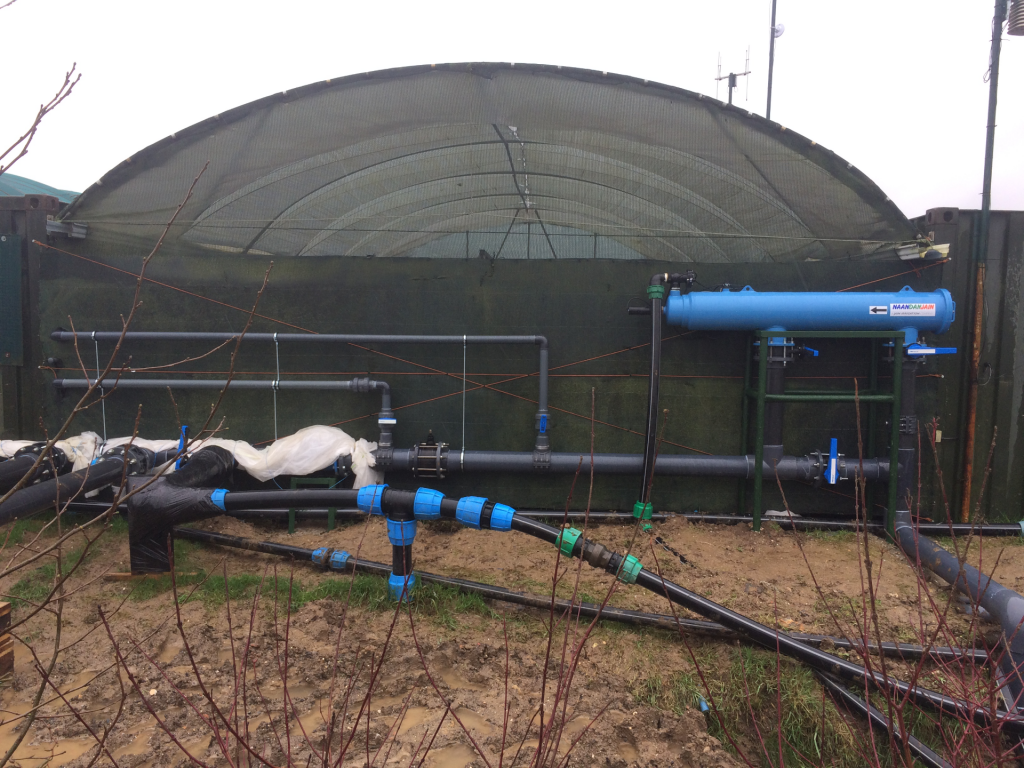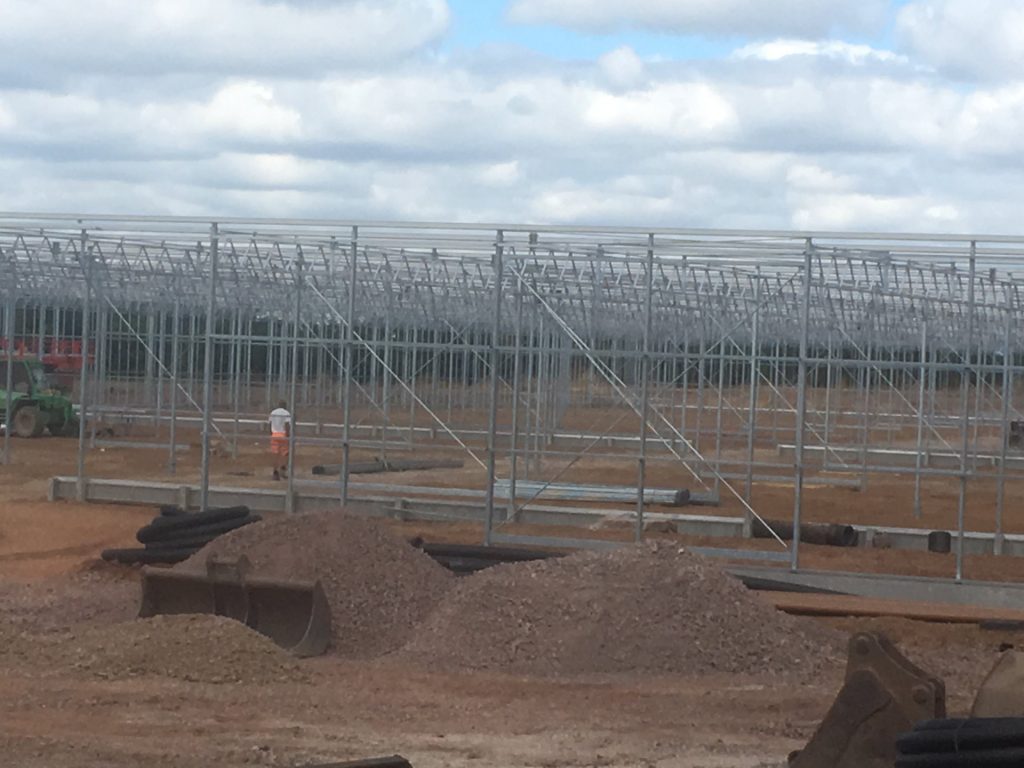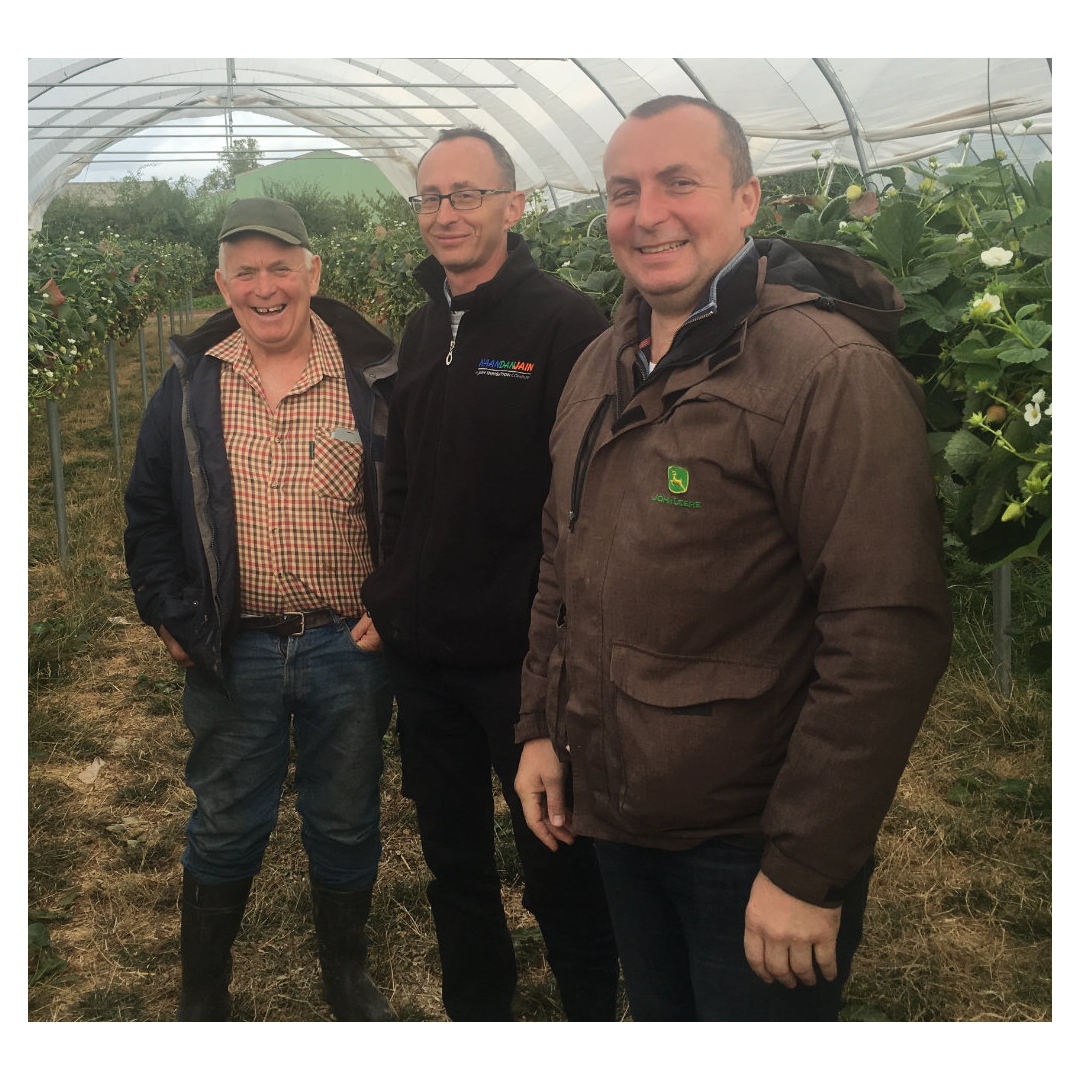
Littywood Farm is based in the countryside of Staffordshire in the West Midlands and are very proud of their farming heritage. They desire to grow the very best quality produce and are truly passionate about being one of the leading producers of soft fruit. The reflection of that passion is shown with their business management skills with customers, suppliers and colleagues alike. Littywood Farm started in the soft fruit industry by producing Strawberries and over the years have extended their facilities to include both Raspberries and Cherries, making this an all-round soft fruit business.
“For phase II of Project Substrate at Littywood, the choice of Ripple Aquaplast was a simple one. We just wanted more of the same as 98% class 1 fruit in year one was a great start. Ripple Aquaplast co-operated with our in-house staff so as a ‘team’ we produced our great results.”


